Iran on Monday said that discussion about the exchange of prisoners and other issues with the US is underway, stressing that Tehran is looking for “practical results” from ongoing negotiations.
Speaking at a weekly news conference in Tehran, Foreign Ministry spokesman Nasser Kanaani said talks are going on between the two sides through intermediaries on issues including a prisoner swap.
He said an agreement on some issues, including prisoners, was reached in March last year and a written agreement was approved and signed by official representatives of the two countries.
Underlining that the issue is of a “humanitarian nature,” Kanaani said the American side at one point agreed to de-link it from the 2015 nuclear deal talks but at a later stage tied it to the Vienna negotiations.
“If the American side takes a realistic approach, the exchange of prisoners can be done as a completely humanitarian issue,” the spokesman remarked.
His remarks came a day after Iran’s Foreign Minister Hossein Amir-Abdollahian, in an interview with state TV, announced that Iran has reached an agreement with the US to swap prisoners.
“Regarding the issue of the exchange of prisoners between Iran and the US, we have reached an agreement in recent days,” he said, adding that “if everything goes well” on the American side, the swap will happen “in a short period.”
Amir-Abdollahian said that “everything is ready” on the Iranian side but the American side is currently engaged in a “final technical review” to go ahead with the swap of prisoners.
US State Department spokesman Ned Price, however, rejected the claim, calling it a “crude lie.”
“Statements from Iranian officials that a deal regarding the exchange of prisoners has been reached are another especially cruel lie that only adds to the suffering of their families,” he told CNN on Sunday.
Kanaani, responding to Price, said a US State spokesman recently mentioned in his meeting that the US government is “working, trying and following” up on this case of prisoners.
“My question from the American side is: Is he working and trying and following up on this issue in a vacuum and unilaterally by himself? Or through intermediaries in the framework of the messages that are exchanged,” he said.
The Joe Biden administration has repeatedly called for the release of three dual nationals detained in Iran over spying charges – Siamak Namazi, Emad Shargi and Morad Tahbaz.
Iran, for its part, has also demanded the release of dozens of its nationals imprisoned in the US, including some Iranian-American dual nationals, mainly for bypassing US sanctions.
In other remarks during his Monday presser, Kanaani said there is no obstacle to the meeting of foreign ministers of Iran and Saudi Arabia after the two neighbors resumed diplomatic ties.
Kanaani said the foreign ministers of the two countries are expected to meet in near future, adding that arrangements have been made about the place and timing by the diplomatic apparatuses.
The Tehran-Riyadh agreement, brokered by China last week, was the result of one and a half years of efforts and negotiations, the spokesman asserted, appreciating the “positive role” played by Iraq and Oman to facilitate tension-easing talks.
Before President Ebrahim Raisi’s visit to China in February, Kanaani said, ideas and suggestions had been shared by Tehran and Riyadh and during the visit, Chinese President Xi Jinping conveyed the message from the Saudi side to the Iranian president.
After that, he added, it was agreed to hold a dialogue between the two countries at the level of top security officials, which resulted in an agreement to resume diplomatic ties and reopen embassies, which he said will happen in two months.
Iran was represented in the talks by Ali Shamkhani, who heads the country’s Supreme National Security Council, while Saudi Arabia was represented by Musaid Al Aiban, the national security advisor, and China was represented by top diplomat Wang Yi.
Iran’s Foreign Ministry spokesman also hinted at fence-mending dialogue with Bahrain in the framework of the Tehran-Riyadh agreement, stressing that recent development can have “positive consequences in relations of Iran and other regional countries.”
“The relations between Iran and Bahrain are no exception to this rule,” Kanaani said.
He also expressed hope that the resumption of diplomatic ties between Iran and Saudi Arabia, seven years after they severed relations, will have a positive effect on the issue of Yemen too.
“From the beginning of the war (in Yemen), we believed that war is not a solution and it will be a loss for Yemen, Saudi Arabia and the whole region,” the spokesman said.
Kanaani further said Tehran was ready to develop relations with Jordan “based on its principled policy to strengthen relations with regional neighbors,” adding that political talks between the two sides continue at various levels.

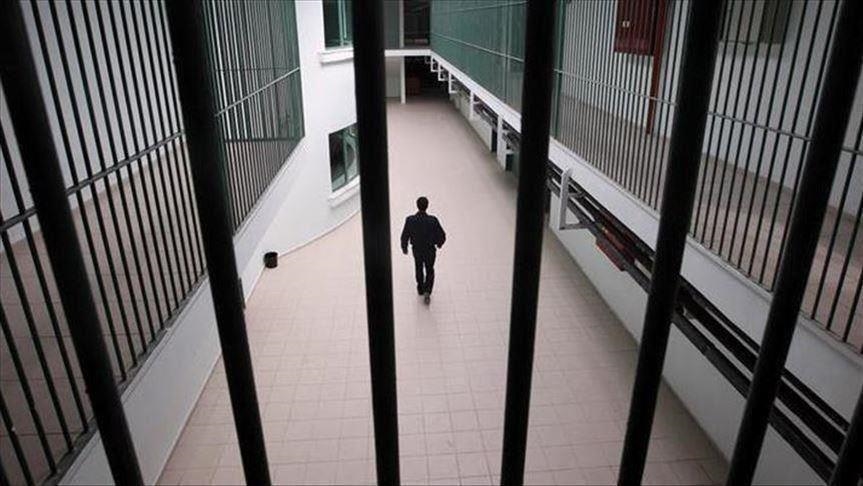



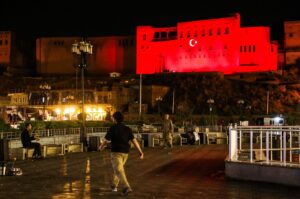


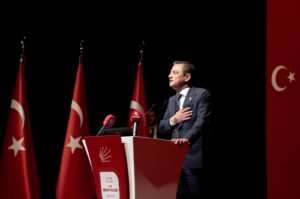















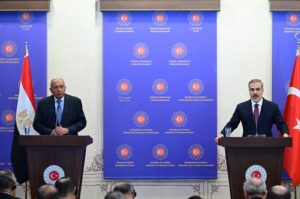

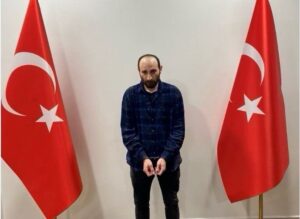
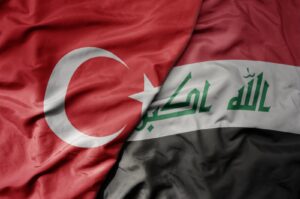



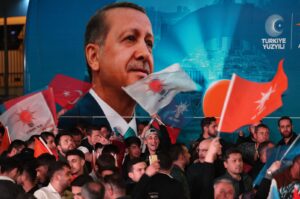
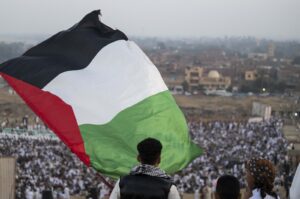
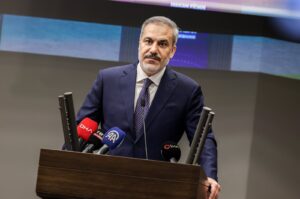
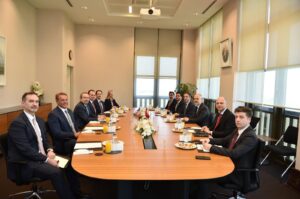
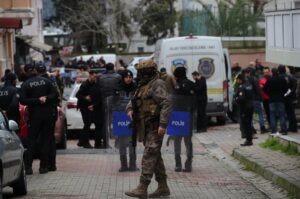

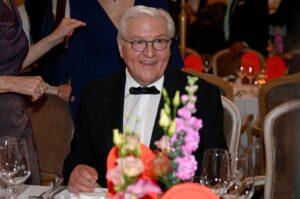

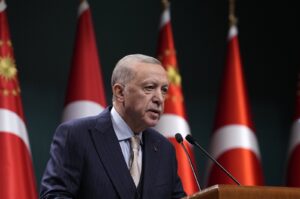
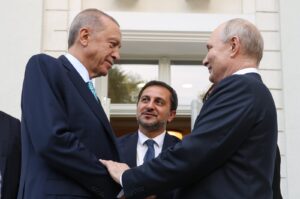
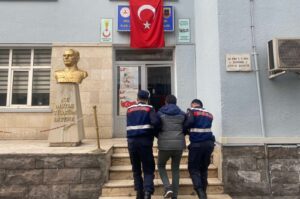
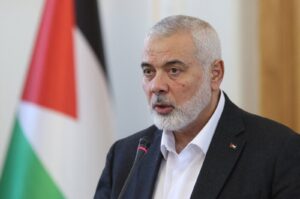
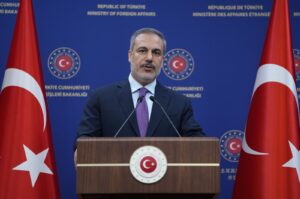
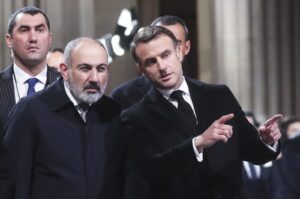
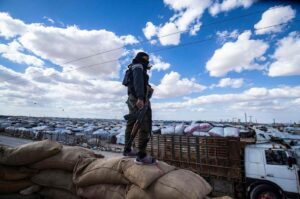
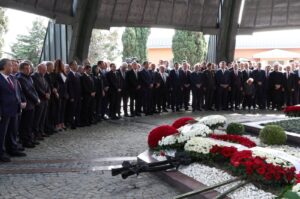
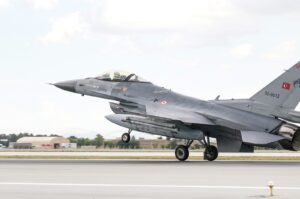

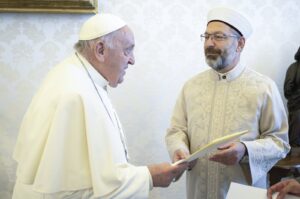

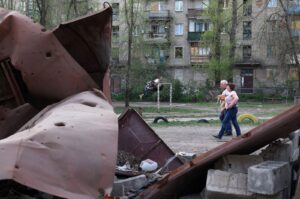
Be First to Comment